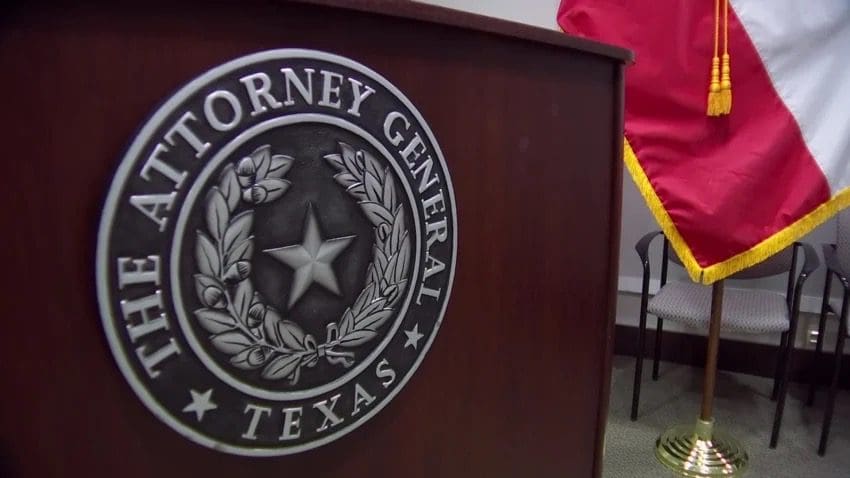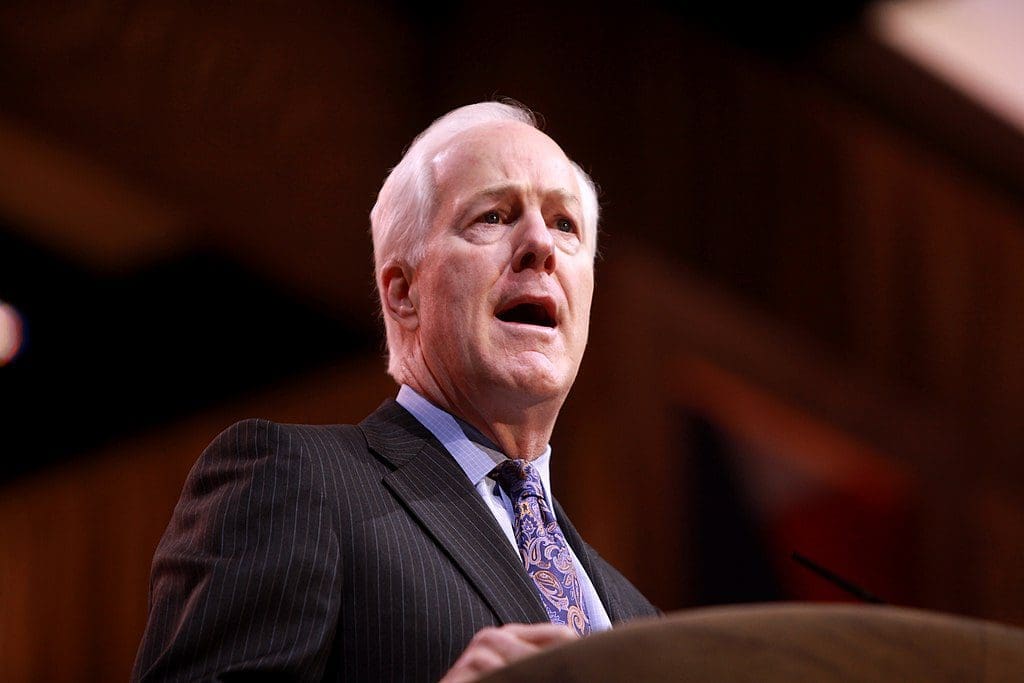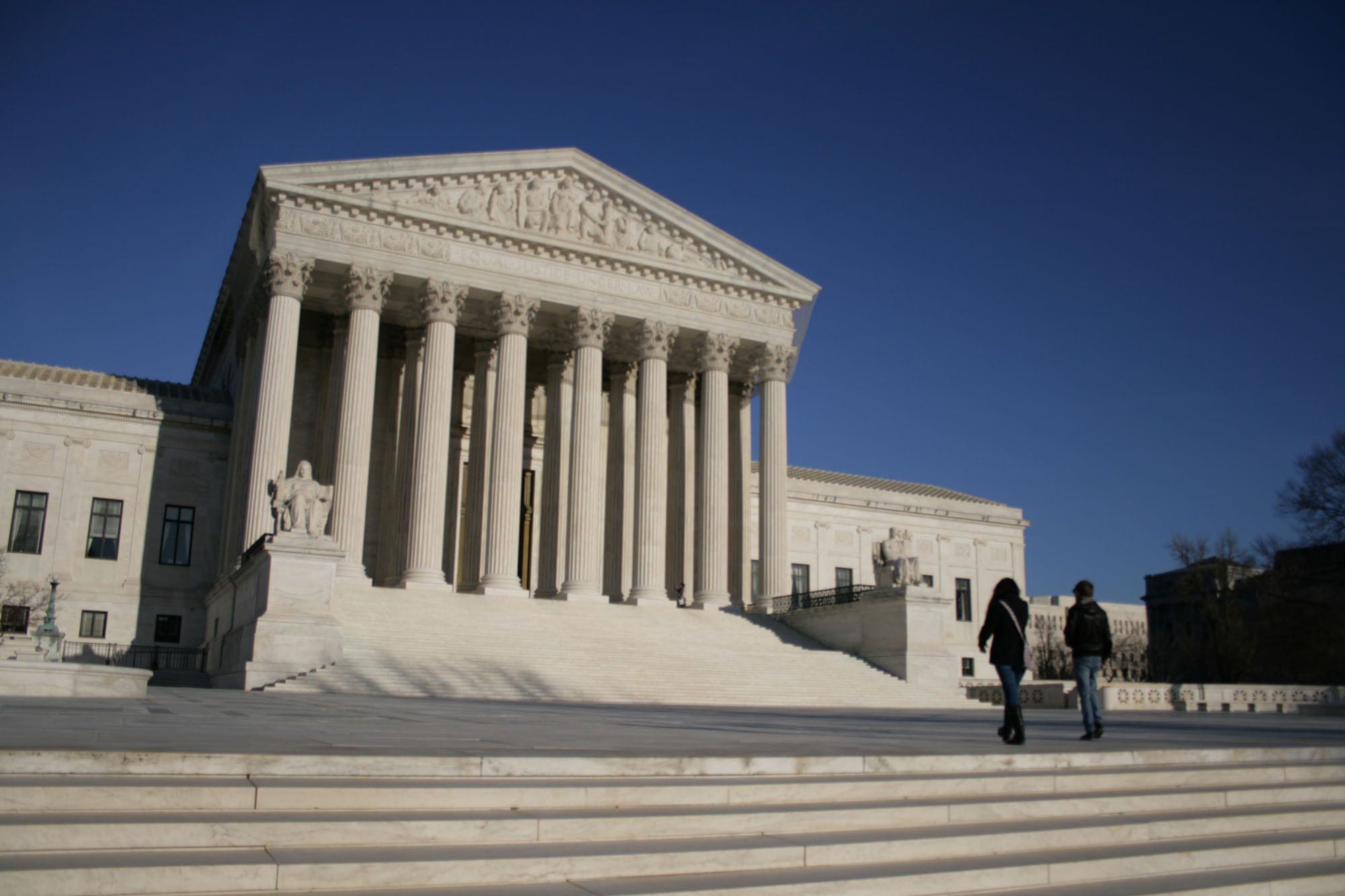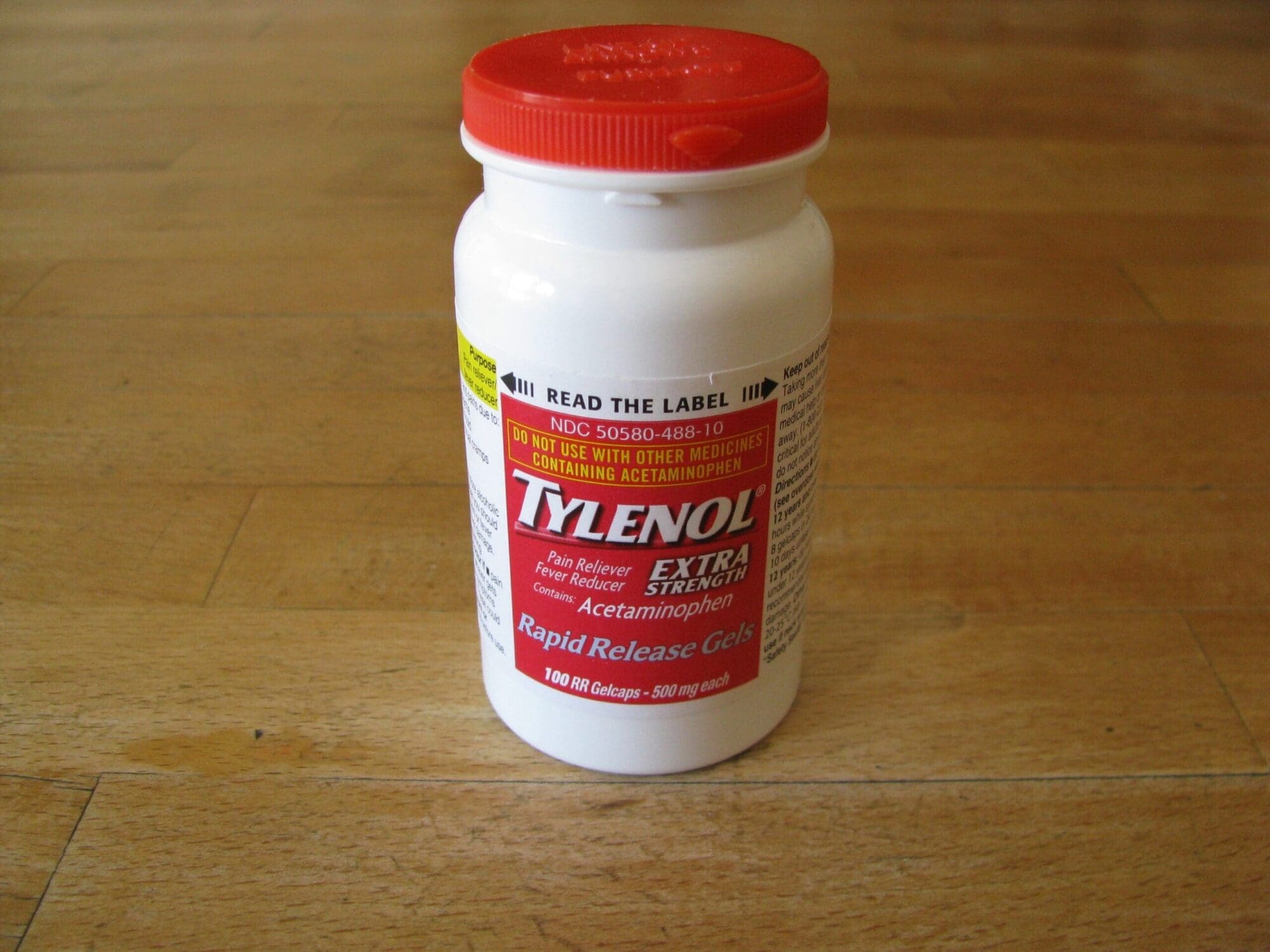Four candidates are running for the Republican nomination for Texas attorney general in the March 3, 2026, primary. Each candidate was asked to share their views regarding online gambling in Texas.
As previously reported, online sports betting is prolific among younger populations. Scientific literature reports those who engage in internet gambling have the highest risk of developing a gambling disorder.
Prediction markets, such as Kalshi, provide an avenue for Texans for individuals to wager on the outcome of an event, including sports events.
Under the Texas Constitution, gambling is illegal unless an exception is made by the legislature.
Gambling is defined as “an agreement to win or lose something of value solely or partially by chance” under the Texas Constitution.
Aaron Reitz
A Marine Corps veteran, former deputy attorney general, and appointed assistant attorney general of the Office of Legal Policy in the DOJ under U.S. Attorney General Pam Bondi, Aaron Reitz announced his candidacy for Texas attorney general in June.
“As the next Attorney General, my responsibility will be to use every lawful tool available—including the issuance of legal opinions, cooperation with local and federal authorities when formally requested, and enforcement of consumer protection and charitable trust laws—to ensure that Texas gambling laws are upheld,” Reitz told Texas Scorecard.
When discussing prediction markets, Reitz stated “[a]s for why Texas has not taken legal action against Kalshi, there may be multiple constitutional, statutory, and regulatory considerations involved.”
However, Reitz explained that “[t]he AG’s Consumer Protection Division can pursue civil enforcement actions against individuals or entities that mislead Texans about the legality of their gambling or betting operations.”
Joan Huffman
State Sen. Joan Huffman, current chair of the Senate Finance Committee, has also entered the race for attorney general. During her career as a senator, Huffman has served as chair of various committees, including State Affairs, Jurisprudence, and Redistricting.
“As a State Senator, I have opposed any efforts to expand gambling in Texas. Serving as Attorney General, I will stay dedicated to enforcing our existing state laws and shielding communities from illegal gambling operations through vigorous prosecutions,” Huffman stated to Texas Scorecard.
Chip Roy
U.S. Rep. Chip Roy announced his campaign in August, the latest Republican to enter the contest for the open seat. Roy currently represents Texas’ 21st Congressional District and serves as policy director of the House Freedom Caucus.
Roy is also a former assistant U.S. attorney and first assistant attorney general of Texas.
“I oppose online gambling and other forms of gambling in Texas,” Roy wrote to Texas Scorecard. “I will pursue all litigation to enforce the law, and use the power of AG opinions to ensure the law is clear, and [I] advocated that position … as First Assistant AG.”
Mayes Middleton
State Sen. Mayes Middleton, president of Middleton Oil Co., announced his campaign for attorney general in May, shortly after incumbent Attorney General Ken Paxton launched his campaign for the U.S. Senate.
“Our laws and Constitution are not suggestions,” Middleton told Texas Scorecard. “As attorney general, I will pursue litigation against any company, politician, or rogue George Soros DA that attempts to treat them as such with civil penalties, criminal penalties, or removal from office.”
“I have a consistent and clear record of holding unlawful gambling operations accountable, as well as those attempting to illegally expand gambling” Middleton continued. “I will continue to enforce and defend our laws to the fullest extent as the next attorney general.”
Dangers associated with Gambling
Gambling addiction is a disorder recognized by the American Psychiatric Association. Gambling losses “exacerbate psychological stress and shame, resulting in death by suicide” for those with gambling-related financial problems according to research.
When legalized, “the rate of irresponsible gambling—defined as monthly gambling expenditures exceeding 1% of income—rose by 372%” according to research published by Southern Methodist University.
This consumer fraud scheme exploits addicts for profit. Research shows 51 percent of revenue from sports betting is derived from problem gamblers in Connecticut.
Election Dates
The last day to register to vote in the primary is Feb. 2. Early voting runs from Feb. 17 to Feb. 27, and the primary is March 3, 2026. The General Election is Nov. 3, 2026.





